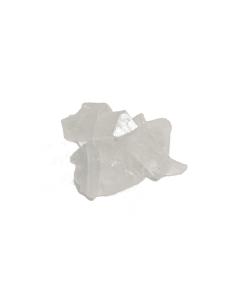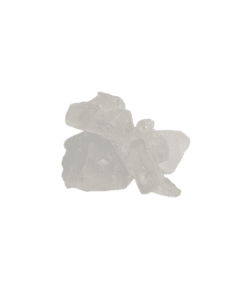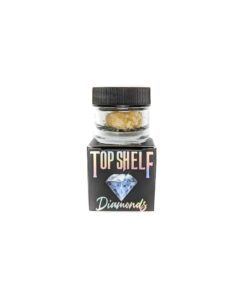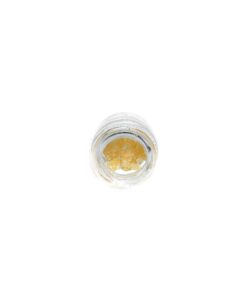THCA
You have heard all about the famous THC and CBD with their benefits and positive health impacts. Now it's time to explore the wonders of THCA and all it has to offer.
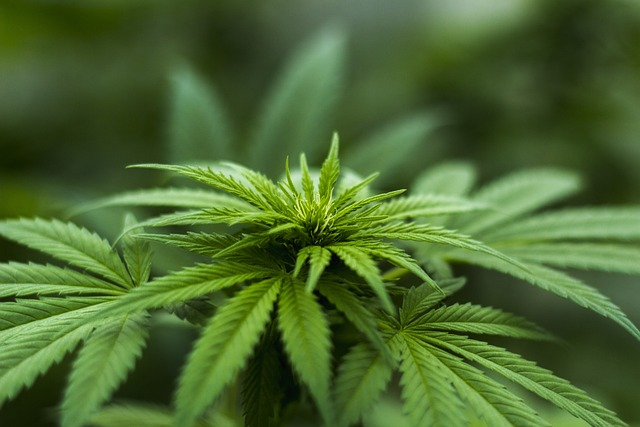
The raw cannabis plants have over 100 different cannabinoids, and they all contribute to how a vaping, smoking, topical or edible experience may affect you.
For the best THCA products guaranteed to bring you everything you desire, trust Tale of Two Strains. We have the highest quality products in Canada.
What is THCA?
Tetrahydrocannabinolic acid, or THCA, is the acidic form of THC. As the medical cannabis plant matures and its flower buds develop and grow, its cannabinoid and terpene contents evolve.
The initial cannabinoid a plant develops is CBGA, "the mother of all cannabinoids," for it will gradually break down and create primary cannabinoids such as CBDA and THCA.
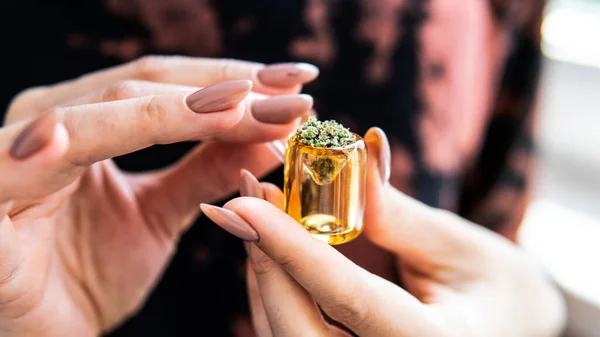
The THCA has no psychoactive effects when ingested, and chemically it carries an extra molecular carboxyl ring that hinders it from binding to the receptors in one's brain responsible for the high feeling.
You might wonder if it isn't getting you in the mood, then what's the point? However, without THCA, you would not get THC and its various health advantages.
The cannabis bud or flower shows off its pistils and trichomes when it is close to the harvest. When the THCA is exposed to heat while consuming cannabis via vaping, dabbing, cooling or smoking, it will turn into the beloved intoxicating cannabinoid known as THC.
THC vs. THCA-What's it All About?
Many people confuse THC with THCA, and the noticeable difference between these two chemical compounds is that the former is a naturally psychoactive cannabinoid, and the latter is not.
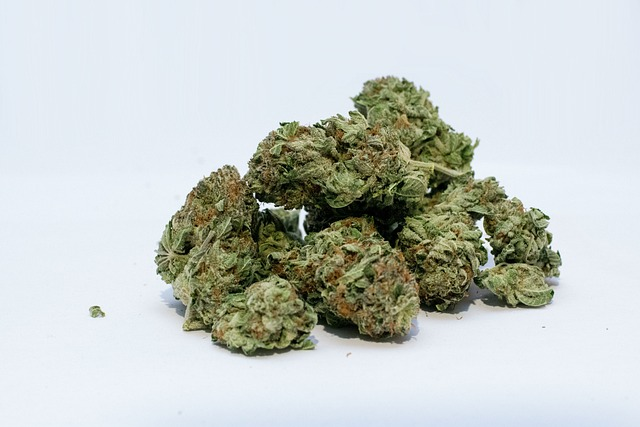
Nonetheless, you can burn THCA to change its molecular structure by taking out its carboxyl ring and then this compound converts to THC.
So you see, while they may be connected, they have different things to offer. THCA is much more effective at reducing inflammation than THC and can help folks with seizure disorders and multiple sclerosis.
Is the THCA the Same as Delta-8 or Delta-9?
The THCA is the acidic form of the Delta-9 THC, which acts as the most prominently intoxicating element in cannabis.
The Delta-8 THC carries similar atoms as the Delta-9; however, their arrangement differs, which impacts the effects. Furthermore, Delta-8 and 9 THC have some intoxicating effects upon consumption.
What are the Benefits of the THCA?
If you are curious how THCA has come to dominate the scene when THC and CBD already have so much to offer, it is owing to its unique benefits.
Although the research on THCA's health benefits is still in the early stages, enough studies have shown that this cannabinoid holds great promise and is a pivotal element of cannabis-related medicine. Below are some of the main benefits:
Anti-Inflammatory
The THCA has anti-inflammatory properties, which could significantly aid in treating diseases like lupus, multiple sclerosis and arthritis. Studies show that THCA shows amazing potential in treating fatty liver disease.
Neuroprotective Traits
With people having neurodegenerative disease history, Alzheimer's and dementia can pose a threat. THCA can entail neuroprotective properties, which can help slow down or even prevent the development of such diseases.
It hinders the escalation of symptoms which could accelerate the disease's spread in the system. The potential neuroprotective tendencies of this compound are owing to the PPARγ receptor activation it enables.
Anti-Emetic
Chronic conditions like appetite loss and nausea can make it difficult to live fulfilling lives. THCA has proven to be terrific in helping with such situations due to the anti-emetic properties that work well in countering such issues.
Studies have shown that THCA turned out to be much more effective in decreasing nausea than even THC or CBD. Moreover, THCA has been tremendous in helping with digestion issues, too.
Anti-Proliferative
Alongside the wonders above, THCA carries anti-proliferative tendencies, which implies that it can aid in repressing cancer cell growth responsible for tumors. Many notable studies have been conducted regarding aiding in treating prostate cancer and chemotherapy-induced nausea.
It can enhance the immune defense and work diligently to destroy the cancer cells and battle chronic pain.
Lower Doses
A significant element of THCA is its effectiveness in low doses compared to other cannabinoids. THCA's therapeutic potential becomes all the more special and exciting due to its low doses and non-psychoactive properties, bringing you the relief you seek without losing your sense of reality.
Other Benefits
That's not all. THC has shown ample potential in treating conditions like insomnia, muscle spasms or even general pain. With such benefits, the food industry also took advantage of these cannabinoids, and there are oils, cannabis tea, and topical infusions that are becoming increasingly popular.
How to Use THC?
The most common way of using the THCA is via a pure extract termed "diamonds." You can dab and vape the THC diamonds to get the benefits; if you are thinking about finding the right place to get high-quality THC diamonds, look no further than A Tale of Two Strains.
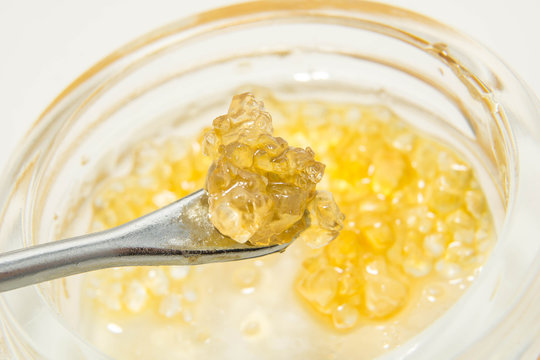
People also prefer to use THCA and consume raw cannabis like any other greens. You can add it to your juices, smoothies or salads to get things going.
How Long Does the THCA Take to Work?
While the THCA is not intoxicating, it can take up to a few hours to take effect and last for around four hours.
How Much THCA Should You Take?
As it is the standard, always start with a low dosage to see how your system reacts to it and when you find the perfect dosage that works for you, stick to it.
[/conditional_empty]

